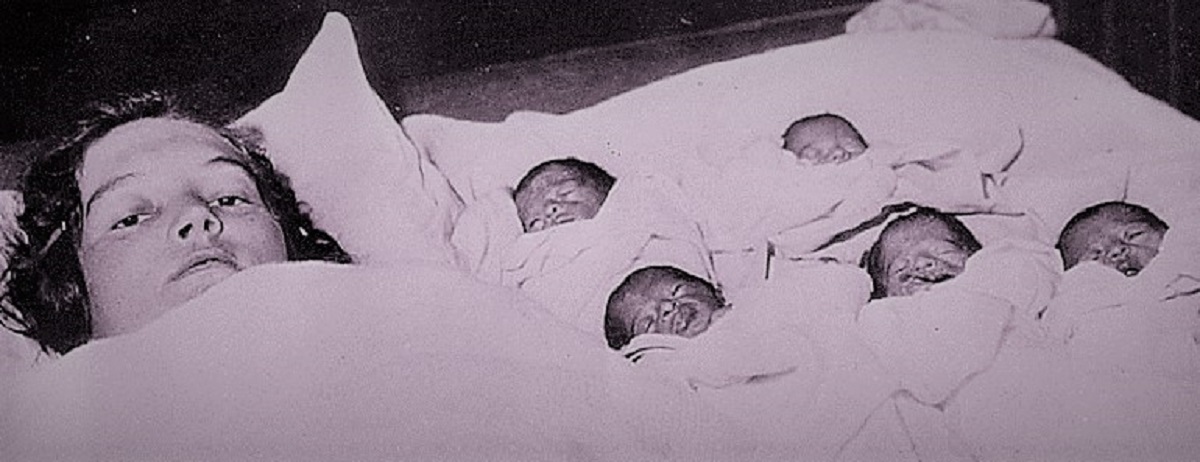Yesterday, the Wall Street Journal reported that the number of albums released globally in 2017 is roughly seven times the amount released in 1960. Which got me thinking, once again, what a horrible state popular music is in these days. Below is a column I wrote on the topic nearly 10 years ago.
PART ONE: PRELUDE
I used to hate the major record labels. It all started when I read (years ago) that the average manufacturing and distribution cost of a CD—which listed in the $15.98 range at the time—was less than $2; a markup (after sales tax) of well over 800%.
Couple that naked avarice with endless stories of commercially-viable artists and bands who starved, while industry execs like David Geffen reaped billions in personal income, and I’d found myself the ideal recipe for years of righteous indignation.
That said, I largely blamed radio for the near-uninterrupted downhill slide of popular music over the past four decades—starting with the rise of research-driven playlists (and the subsequent marginalization of DJ’s who actually knew, and cared about, the music they played). Still, there’s no question that the record companies also found their place at the media trough—cranking out ever-blander McSwill for an ever larger, meeker and less discriminating listening public.
All of which is why I hailed the Big Bang spawned by Napster as the ultimate case of poetic justice. After all, if the vast majority of artists never see the first dime from record sales and songwriting royalties, downloading a song for free was no worse than stealing from the thieves who robbed the artists, right?
The next welcome blow against the labels’ tyranny was the advent of artist-direct digital distribution (coupled with affordable recording technology). Not only could artists directly profit from sales of their music, they now had complete creative freedom to express their artistic visions. On the surface, it’s a situation very much like the utopian scenario John Lennon envisioned in announcing the 1969 formation of Apple Corps. “We wanna set-up a system whereby people who just want to make [a record] don’t have to go on their knees into somebody’s office. Probably yours.”
In short, by 2006, the traditional record company model was all-but DOA. I couldn’t have been happier.
PART TWO: FUGUE
Today, I couldn’t be sorrier. In retrospect, my 180-degree turnaround started taking root in 2006—when I bought barely half as many records as I had the previous year, and a fourth as many as I bought in 2001 (when I averaged just over one new CD every week). This past year, I bought a grand total of three new releases—and the reason is now depressingly clear: It’s not just the record industry model that’s all-but DOA. It’s popular music itself.
What’s worse, I’m convinced the record industry’s woes have led directly to contemporary pop’s lemming-like march to creative bankruptcy—and here’s why:
At their height, the major labels not only signed most of the great artists, they developed them. They provided environments for the kind of creative collaboration that great pop records rarely happen without. Nowhere was that theory borne-out more transcendently than Motown—where teams of songwriters worked with teams of producers, musicians and singers; all of whom knew their work had to live up to Berry Gordy’s ideal of great soul music that also appealed to White America.
So why is collaboration so important? Ultimately, pop music (whether it’s R&B, indie-emo, country-folk or hardcore punk) is a social art form. It succeeds to the extent that it connects. And when most artists are left largely to their own devices (without the strong hand of someone asking, “What’s this record about? Who are we talking to?”), a key connective element is lost.
At the same time, the often oppressive artistic control exerted by the labels—who have surely ruined as many potentially great records as they’ve produced—represented a very real “Establishment” against which great independent-minded artists could rebel. Example: For all its vomitous excess, the mainstream pop / rock establishment of the mid-1970’s was directly responsible for that decade’s often-brilliant new wave / punk movement.
PART THREE: FINALE
I admit that my scorn for the contemporary pop scene—white and black—may be simply due to the fact that I’m old and out of touch. But on one point, I’m dead certain: In today’s post-modern, pan-ironic world, soul music has all but evaporated. And I don’t just mean Otis Redding / Aretha Franklin soul, but music from the heart. If that makes me old and out of touch, I can live with that very comfortably.
What I hate living with, is getting exactly what I wanted.
Originally published in Birmingham Weekly — February 25, 2009

